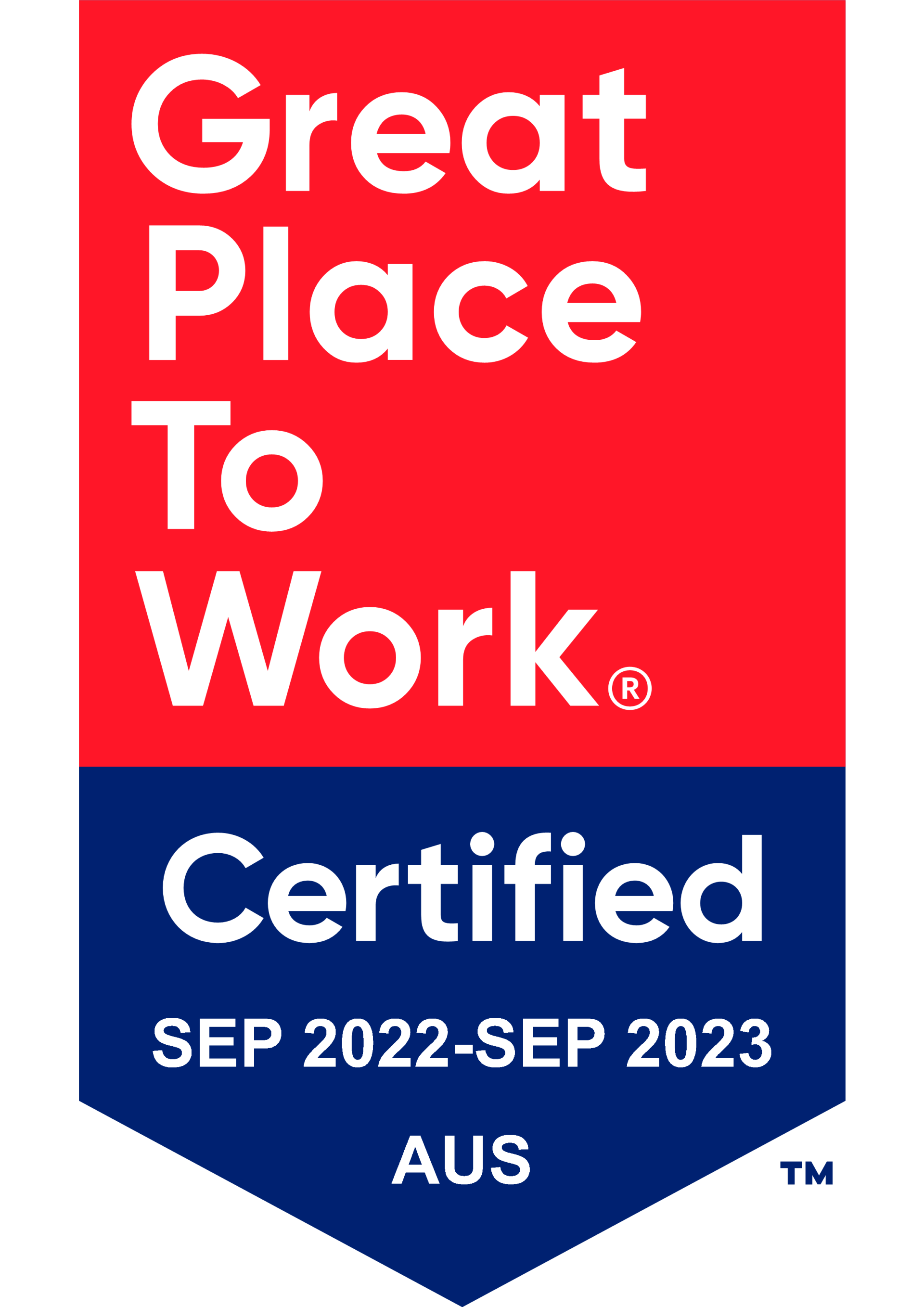Building Self Confidence: 3 Steps with Josh Beatty
1. Fake it
You may have heard the term "Fake it till' you make it!" and this is somewhat true, if you are feeling that you are lacking in certain areas of your life, especially ones driven from inward feelings, then when you act as if you already possess or have mastered that feeling or skill your mind is somehow tricked into believing that as fact.
Think about when you smile and you start feeling happy, or when
I'll give you an example, I remember reading about a young woman who had been applying for entry-level positions around her local area here in Australia, she was frustrated by applying for role after role and not hearing anything back - She finally applied for a role with ALDI (the supermarket chain) and received the typical 'Thanks but no thanks' rejection email and she (in her words) "Rejected their rejection" and responded back with the following:
"Although my application was rejected, I have been applying for jobs for over a year now with no success. My skills are on par with your store, with the ability to be exceptionally fast-paced to scan items like every ALDI Team Member does.
I pride myself on my impressive sale skills and can describe myself to be very persuasive and show effectiveness. So persuasive in fact, that I would like to confidentially reject your rejection. Thank you for letting me be a part of the team, I won’t let you down.
See you on Monday for my 9-5 shift."
After this she was then invited in for an interview - She was 18 at the time and may not have even worked before, but she faked some confidence and was successful in landing the interview.
2. Body and Mind
2.1 Exercise
Exercising is beneficial for your confidence in a number of ways one is that it boosts endorphins that make you feel good - The American Psychological Association (APA) suggests that it only takes 5 minutes of exercise to start getting the 'Feel goods' from your gym session.
Secondly, when you exercise regularly you are improving the way your body looks and operates, you are making the outward appearance that you see every day reflect the best version of you.
2.2 Meditate
Daily meditation has been linked to a number of positive physical and psychological benefits, one of which is eliminating negative self-talk with 'Brain Chatter' - When you master the ability to remove the negative scripting inside your own mind you will unlock another level of confidence!
3. Learn
Educate yourself on topics you want to feel confident in - have you ever been in a conversation where someone mentions a random topic you have lots of experience with and you felt a sudden boost in your mood knowing that you were going to intelligently speak about the new topic? This is what happens when you are educated on topics of conversation, being informed on a topic you know is going to be spoken about is an easy way to build internal confidence.
A real-world example of this working is, when I go out to meet with someone new I will try and find out a little bit about their interests, what is happening where they work and (if we have spoken before) read up on topics we discussed. This allows me to feel confident in the conversation AND makes them feel good because the conversation will be on topics they are familiar with.
If you implement all three of these tips then I am certain you will build your personal confidence and will start to feel more comfortable in your own skin.
“Because one believes in oneself, one doesn't try to convince others. Because one is content with oneself, one doesn't need others' approval. Because one accepts oneself, the whole world accepts him or her.” ― Lao Tzu
Sources:
https://www.unilad.co.uk/life/teen-turned-down-for-job-at-aldi-rejects-rejection-in-hilarious-letter/
https://www.apa.org/monitor/2011/12/exercise












